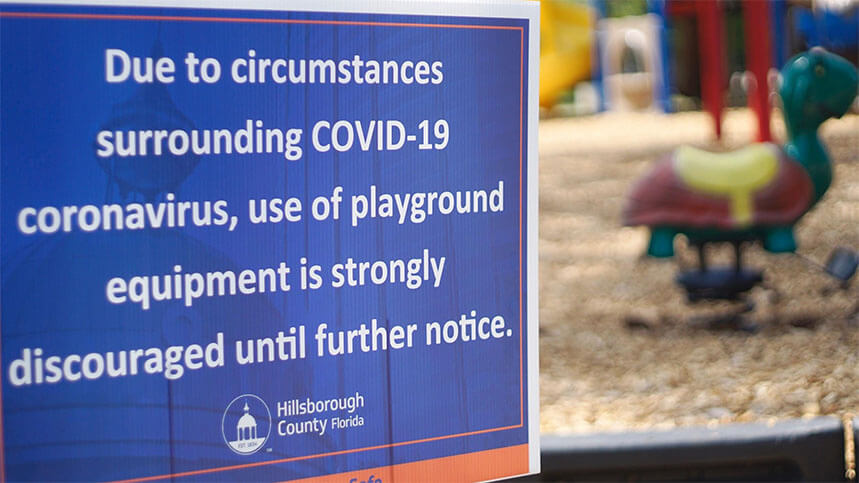Binge Sleeping: Tips, Effects and Consequences
Over the year, the way we live and sleep has changed drastically. Right from sleeping at sundown many years ago, to the era of sleeping at sunrise as we practice today – we have come a long way in modifying our sleep architecture to adapt to the growing modern lifestyle. Unfortunately, this comes with a host of implications. Most common being, insomnia, increased mental health issues, and other forms of sleep disorders.
In search of a solution, the new age adult, predominantly now practices the habit of sleeping for less than six hours every night on weekdays. To compensate the lost hours, we sleep all through the day on weekends. This act is popularly deriving the name “sleep binge”. In light of this, we take a deep dive into the concept of binge sleeping and its effects on the human body. In addition, we will provide you with quick tips to maintain a healthy bedtime routine.
Does Sleep Binge Affect the Human Body?
Doctors recommend that humans require about eight hours of sleep every night. This is mainly because the brain goes through four stages of sleep . Through these stages, we shift between REM and NREM sleep.
In short, the first three stages are NREM sleep where we move from complete wakefulness to deep sleep. The fourth stage is the REM sleep – onset of wakefulness that causes rapid eye movement. At this stage, we dream as well. To get the right amount of sleep as an adult, doctors suggest that we need to produce at least six rounds of REM sleep and that takes about seven to eight hours. Only then, the brain and the human body can recover adequately for the next day.
Slept Debt vs. Sleep Binge
Now, given that a majority of adults around the world sleep for less than six hours, we are unable to produce the required rounds of REM sleep. This causes sleep debt, and as a result, we are drawn to sleep late on the weekend to make up for the lost sleep.
A recent study with fully functional adults proved that sleep binge, in fact, helps improve mood. The study further noted an enhancement in cognitive function and emotional stability. Unfortunately, these studies only determined short term effects of sleep binge and failed to analyze the long-term effects on sleep quality and its impact on health.
In the meantime, it is worth remembering that sleep debt will continue to make you sleepy and drowsy through the day. No amount of sleep binge on weekends will mitigate the immediate consequences of lack of sleep on weekdays such as irritability, lack of concentration and general fatigue.
Tips: Do’s and Don’ts for Improved Sleep
Taking stock of all the information we have at hand about sleep binge, we recommend the following to improve your sleep quality over time:
- It is highly recommended to practice sleep binge on an occasional basis. Making it a weekly routine can be detrimental to the overall sleep quality, mental and physical health;
- Eat healthily and avoid heavy reliance on electronics while practicing sleep binge. On one hand, this creates new good habits and on the other, healthy food will boost your system to recover better during the sleep binge;
- Sleep binge is not a way out to make up for unhealthy sleep habits. Maintaining a good sleep schedule before bed and after waking up ensures a better life;
Upgrade to bamboo sheets. They are three times breathable than cotton and its hypoallergenic elements will keep your morning sickness away. Check out our bamboo sheets for uninterrupted sleep.












